Blogs and Free Resources
Here at РЎтттЅКУЖµ, our mission is to provide professionals like you with FREE practical and valuable tools, strategies,
and resources to assist with the great work you do. Find expert tips, helpful worksheets, demonstration videos, CE, news,
and more here. Happy learning!
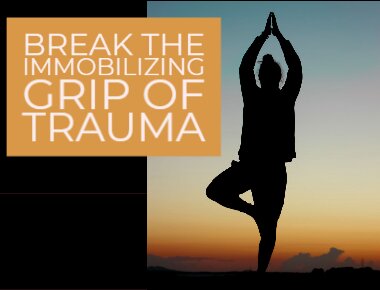
How Yoga Promotes Both Top-Down and Bottom-Up Regulation in Trauma Survivors
Discover how yoga can discharge memories stored in the nervous system of trauma survivors
Irina Diyankova, PhD, RYT-200 reveals how yoga stimulates both top-down and bottom-up regulation, which can help trauma survivors reset their nervous systems back to baseline.
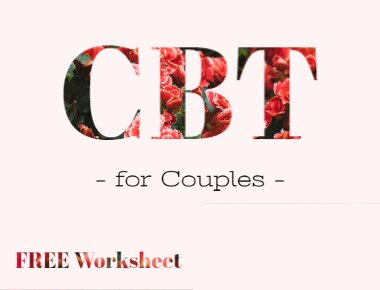
CBT for Couples
FREE worksheet to improve communication, navigate problems, and build strong relationships.
John Ludgate, Ph.D., F.A.C.T., shares his powerful, FREE CBT for Couples worksheet. So, if you’re a clinician who works with relationship issues, you’ll want this hands-on, practical tool today.

Managing Screen Time in a Digital World
Develop habits that will help your young clients succeed in a digital generation
The increased use of screens is impacting social skills, human interaction, and compromising neurosensory development. That’s why Aubrey Schmalle, OTR/L, SIPT wants to help you develop habits that will help your young clients succeed in a digital world.
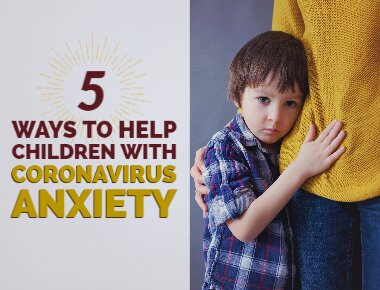
5 Ways to Help Children with Coronavirus Anxiety
Are the children in your life noticing your increasing tension?
While we can’t eliminate the transmission of our own anxiety to the children in our lives, we can mitigate the impact in some significant ways. Here’s how.
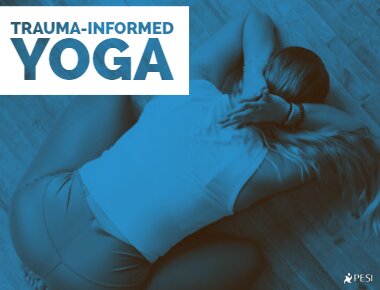
A Single Goal: How the Aim of Yoga and Mental Health Counselors are One and the Same
Discover how the ancient practice of yoga fits in perfectly with trauma treatment
Debra Premashakti Alvis, PhD provides a short summary of yoga philosophy and reveals why it’s a fantastic complementary therapy for trauma survivors.
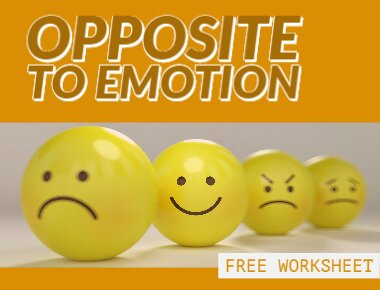
Get your clients UNSTUCK
Free DBT Opposite to Emotion Worksheet
Lane Pederson – Opposite to Emotion, often referred to in DBT by O2E (oh-2-ee), recognizes that emotions pull us into “mood congruent” behaviors that get us stuck. When mood congruent behaviors strike, O2E is the heavy-hitting answer clients go to… help your clients get UNSTUCK from prolonged and overly intense emotional states with this approach.
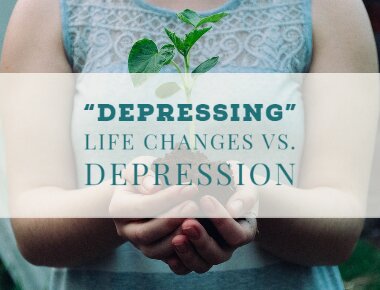
How Loss at the Time of Menopause Can Masquerade as Depression
Distinguishing between “depressing” life changes and depression
Natural life changes such as menopause can make our clients feel depressed. But it is NOT the same as clinical depression. Here's how to tell the difference.
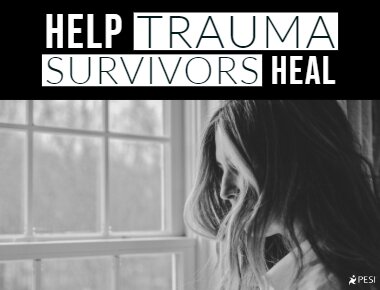
How Trauma Creates Narrow “Windows of Tolerance” in Survivors
Why trauma survivors react dramatically to stimulus, and how you can help them handle stress in healthy ways
Trauma survivors can struggle to self-regulate and control their responses to everyday stressors and the unexpected. In this short video, Irina Diyankova, Ph.D., RYT-200 reveals why trauma survivors are more prone to extreme reactions to stress such as rage, binge drinking and self-harm.

21 Daily Practices to Improve Your Relationship
Use the science of mindfulness and CBT to strengthen your bond.
Nothing has a bigger influence on our well-being than the quality of our closest connections. In this blog, Seth Gillihan PhD, offers 21 ways to build stronger and closer relationships. Plus, he's giving away his FREE Worksheet: 10 Ways to Manage Stress and Anxiety Every Day.
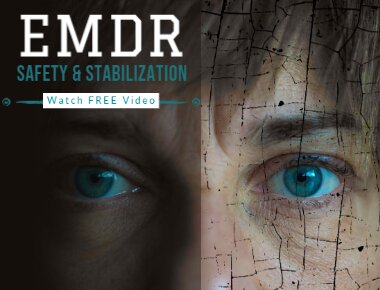
EMDR: Safety and Stabilization
When and with whom do we use EMDR?
In addition to improved practice outcomes, effective integration of EMDR can lead to the long-term trauma resolution that your clients so desperately desire. But we need to stop and ask: when and with whom do we use EMDR?

